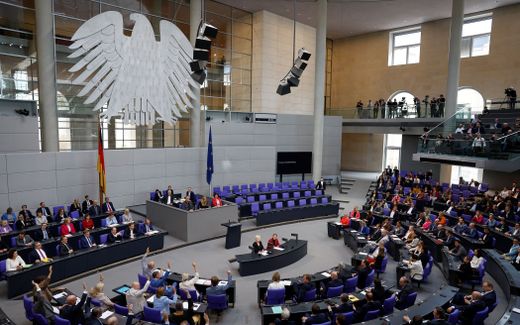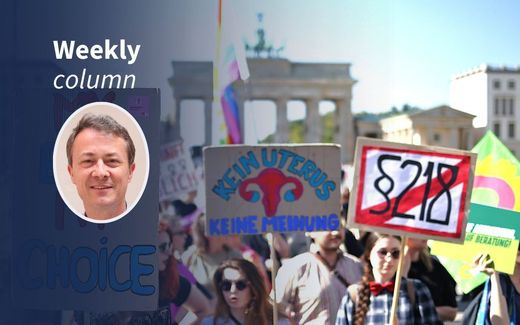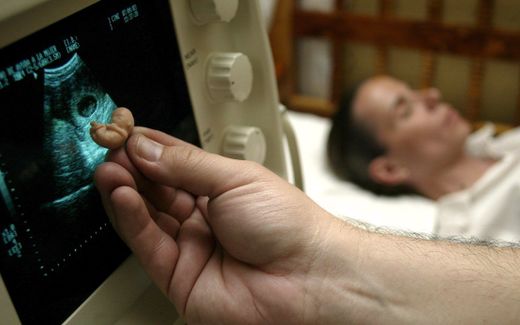German CDU prevents pro-choice candidate from becoming judge: a victory for Christians?

Friedrich Merz. Photo Canva.com, AFP, Odd Andersen
Christian Life
Just before the summer, the Christian Democrats in Germany prevented a candidate with very liberal views on abortion from becoming a judge. Does that mean that Christians in Germany are gaining power again?
In the last days of the German parliament's session before the summer recess, there was a heated debate about Professor Frauke Brosius-Gersdorf's planned election as a Federal Constitutional Court judge.
The preliminary result: the election was cancelled and the ruling coalition of Christian Democrats (centre-right) and Social Democrats (centre-left) plunged into a deep crisis.
Liberal
The issue at stake is abortion. No one intended to put the sensitive issue on the agenda right at that moment.
But then came the election of three judges to Germany's highest court. The SPD nominated a candidate who is highly regarded as a law professor – but who has very liberal views on abortion.
German abortion law
Under existing German law, abortion is prohibited. Still, it remains exempt from punishment as an exception and under certain conditions until the end of the 12th week, for example, in cases of rape. The most important condition is that the woman must seek counselling.
This compromise dates back to 1995, when Germany was still predominantly Christian. Even then, Christians found it difficult to accept this law.
Nowadays, several voices call for the decriminalisation of abortion altogether.
Long story short: senior representatives of the Catholic Church and many CDU/CSU MPs made it clear that they would not vote for the professor, and the election was cancelled. The CDU/CSU's coalition partner, the SPD, was and remains outraged.
Inaccurate accusations
It is entirely unclear how things will proceed after the summer holidays. Although the defenders of the current legal situation have been able to prevent the election for the time being, they have publicly discredited themselves with several inaccurate accusations against the candidate.
For example, the Catholic Archbishop of Bamberg, Herwig Goessl, who had accused Ms Brosius-Gersdorf in a sermon of denying the right to life of unborn humans, had to apologise to her for his inaccurate allegations. After a personal conversation with her, he said he had been "misinformed" and regretted his statements.
While the Catholic Church has embarrassed itself, it is remarkable that the Protestant Church (EKD) has remained silent in public. This shows a fundamental change: unlike in the past, the Protestant regional churches no longer stand up decisively for the right to life of the unborn.
Christians have become a numerical minority in Germany. And even among them, especially among younger Christians, "liberal" views are becoming more common.
Womb
Therefore, the postponement of the election of judges is a stage victory for conservative Christians, but one that is tainted. They will not be able to prevent the political development towards a more "liberal" law; at best, it will delay it.
One thing has become clear: Christians in Germany have not only been in the minority in terms of numbers for a few years now. They also no longer play a decisive role in public opinion, i.e. in the political world, and can no longer mobilise majorities for their positions, which were once taken for granted.
Worse still, the central Christian argument that human dignity, bestowed by God, applies to everyone, including children in the womb, is no longer understood by the majority.
Related Articles









